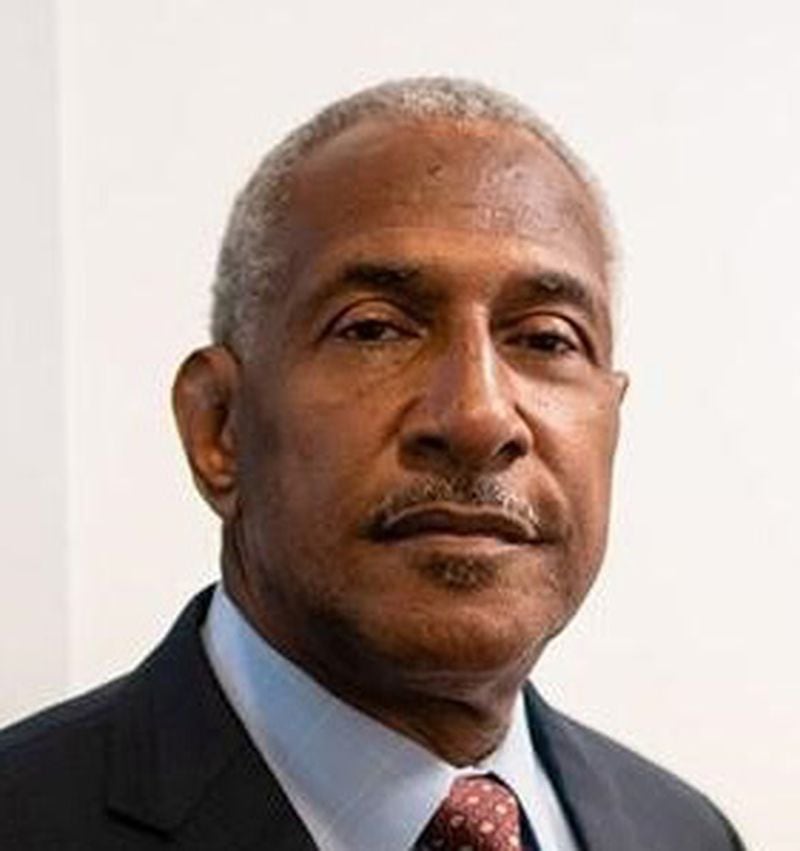The Georgia Board of Regents plans to turn over a major state asset to Wellstar Health System: The transaction is labeled a “member substitution,” but it means that Wellstar will gain control of the nonprofit Augusta University Health System (AUHS) and its related facilities. You may know AUHS better by its former name, Medical College of Georgia Hospitals and Clinics.
Why Georgia would trust Wellstar to do right by this institution and our citizens is a good question, given Wellstar’s sudden closure last year of Atlanta Medical Center and Atlanta Medical Center South, claiming it could not afford to operate them. Its action severely reduced access to care for a minority population those hospitals had served for decades. The already-underserved community is in for a long struggle to regain its footing.
Wellstar’s plan to take over AUHS at a price of about $800 million over 10 years demonstrates clearly that it has plenty of resources that it is simply choosing to move to greener pastures. An aspect of acquiring AUHS that probably appeals to Wellstar is that AUHS holds the Certificate of Need for a new hospital and medical building to be built in Columbia County where the mainly white population has far higher median income than is typical for the state. In fact, much of the money Wellstar is committing to spending is for the Columbia County project. Suburban hospitals are Wellstar’s sweet spot.
Credit: contributed
Credit: contributed
The Regents try to justify turning over AUHS to Wellstar by saying AUHS is financially troubled. Do the Regents think Wellstar will use surpluses it accumulates from its Columbia County operations to subsidize the rest of AUHS? That is not what Wellstar did with revenues from their suburban hospitals in Atlanta’s case.
Credit: contributed
Credit: contributed
Georgia law requires Attorney General Chris Carr to review proposed acquisitions of nonprofit hospitals. The Regents and Wellstar have submitted their paperwork for this review and the AG’s office has issued notice of a public hearing to be held in Augusta on June 27th.
The review is intended to safeguard the value of charitable assets and to ensure that the transaction proceeds are used for appropriate charitable health care purposes.
Credit: contributed
Credit: contributed
There are many reasons why turning over Medical College of Georgia’s main teaching hospital to Wellstar may not be a good idea. For example, a time-worn corporate approach to dealing with operating deficits is cutting less profitable services. The documents the parties submitted for the AG’s review afford less protection against cuts in services than one might think at first glance. There is a lot to unpack. Let’s hope the AG’s review is thorough.
Due diligence also should consider contingencies that could materially affect Wellstar’s financial situation and its qualifications for the project. After Wellstar abandoned our communities, we filed complaints with the U.S. Department of Health and Human Services Office for Civil Rights, the U.S. Justice Department and the Internal Revenue Service.
First, we asked the agencies whether Wellstar’s closing of the Atlanta and East Point hospitals with its disproportionate impact on minority communities violated Title VI of the Civil Rights Act. A finding of a violation could lead to a corrective action plan that involves substantial money to right the wrongs done to our constituents, or even Wellstar’s disqualification from receiving federal funds.
Second, we asked the IRS to determine whether Wellstar continues to deserve its tax-exempt status as a 501(c)3 nonprofit, given its behavior that more closely resembles profit-seeking than pursuing a charitable mission. The idea that IRS could revoke the tax exemption is not far-fetched. IRS has revoked a hospital’s tax exemption before for the same thing Wellstar did in failing to adopt an implementation plan for its community health needs assessment, a violation of nonprofit hospital requirements that IRS found was “egregious.”
Either or both of these possibilities could impair Wellstar’s financial ability to meet the state’s expectations. Besides changing its financial picture, loss of its tax-exempt status could render Wellstar unqualified to enter into the agreement, given the Attorney General’s legal obligation to protect AUHS’s nonprofit assets.
Given all the concerns, Attorney General Carr should exercise great caution in making his decision.
State Sen. Nan Grogan Orrock, D-Atlanta, represents the 36th District. State Rep. Kim Schofield, D-Atlanta, represents the 63rd District. Richard Rose is president of the Atlanta NAACP.
About the Author









